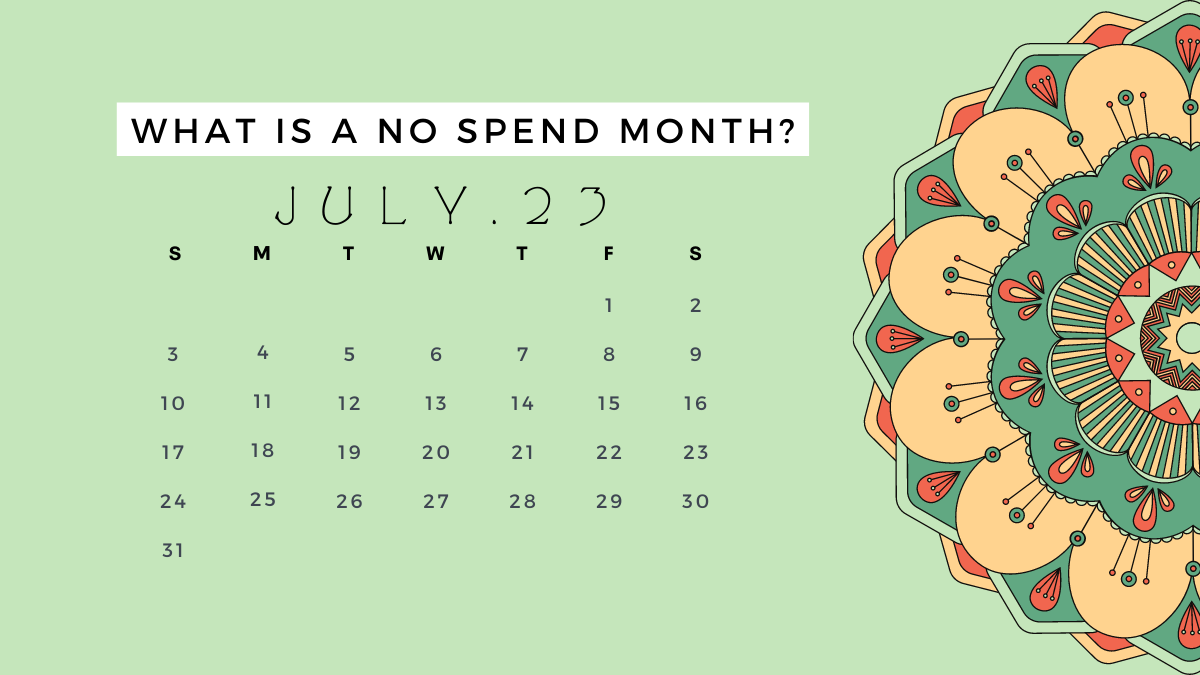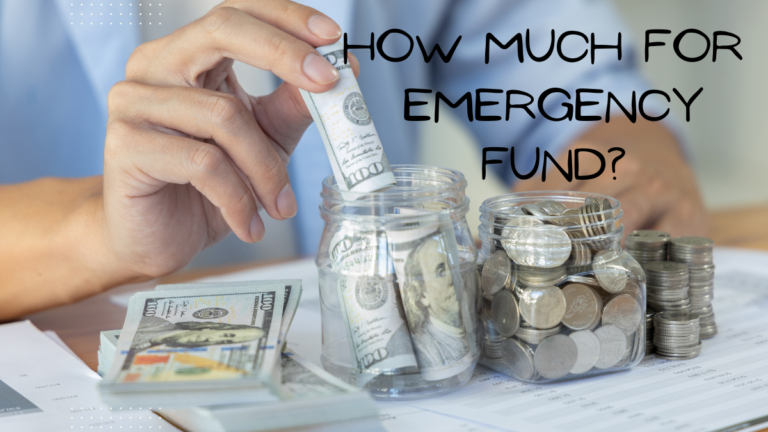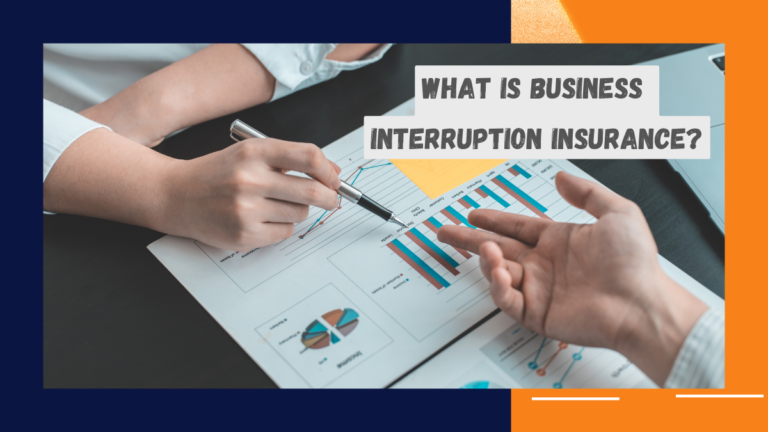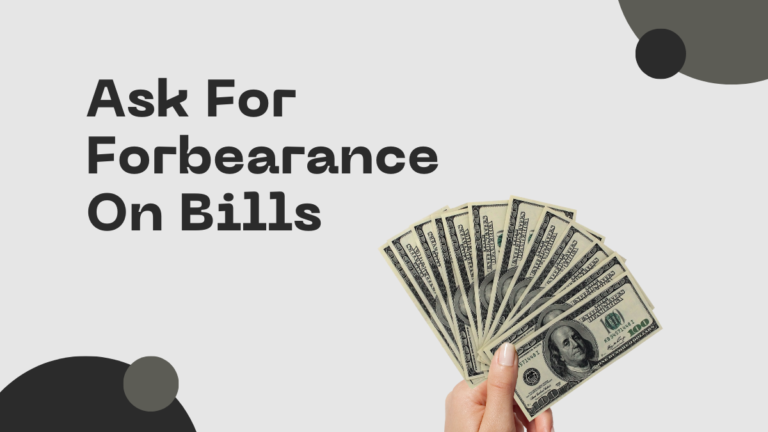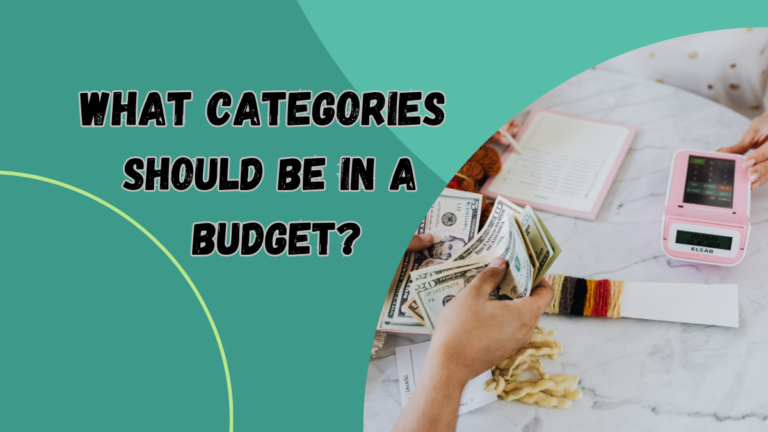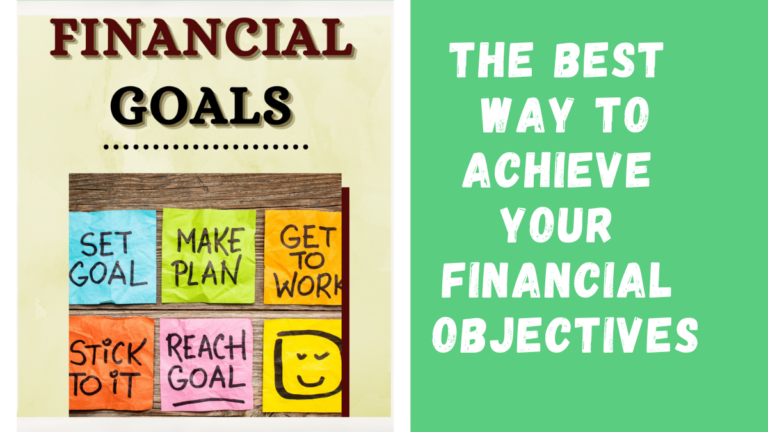What Is A No Spend Month?
Welcome to the world of financial freedom and frugality! Have you ever wondered what it would be like to take a break from unnecessary spending? Well, get ready to embark on an exciting journey what is a No Spend Month.
This month-long challenge is not only about saving money but also about reevaluating our relationship with consumption. So, fasten your seatbelts as we dive into this ultimate guide on what exactly a No Spend Month is and how it can transform your life for the better.
Get ready to embrace mindful spending, boost your savings, and discover a whole new perspective on living with less without sacrificing joy or fulfillment. Are you up for the challenge? Let’s delve into this budget-friendly adventure together.
Table of Contents
What is a No Spend Month?
A No Spend Month is a month where you intentionally try to live below your means. By spending less than you earn, you can free up money to invest, save, and use for other purposes. There are many benefits to a No Spend Month, including improved financial stability, increased savings rates, increased disposable income, and more.
To make your No Spend Month successful, it’s important to plan ahead and create a budget. Once you have a rough estimate of how much money you’ll need each month, you can start cutting back on your spending. You might be surprised at how much money you can save by limiting your expenses to what’s necessary.
Once you’ve created a budget and started cutting back on your expenses, it’s important to stick with the plan. If things get tough during your No Spend Month, don’t panic; just adjust your plans accordingly and keep going. The wisest decision is usually the one that takes the least amount of effort or time to execute.

If you’re interested in trying a No Spend Month for yourself, here are some tips:
- Decide what kind of financial stability you want to achieve during your No Spend Month. Some goals might be saving more money overall or reducing credit card debt.
- Determine what expenses are necessary for achieving your financial stability goals. These might include rent or mortgage payments, car payments, utility bills, groceries, etc.
- Cut back on these expenses as much as possible while still meeting your financial stability goals.
- Track your progress throughout the month using a budgeting or spending-tracking app. This will help you stay on track and make adjustments as needed.
- Reward yourself for sticking to the budget and reaching your financial stability goals! This could include taking time off from work, splurging on a small luxury item, or investing in a new asset.
- If you find that your No Spend Month is too difficult, don’t worry; there’s always room for improvement. This is a great opportunity to learn more about your spending habits and see where you can cut back in the future.
What are the benefits of a No Spend Month?
There are plenty of reasons to try a no-spend month. From improving your budgeting skills to breaking free from bad habits, these 21 benefits will help you achieve your goals:
- You’ll learn how to better manage your money.
- You’ll get in the habit of saving money and investing for the future.
- You’ll learn how to stick to a budget and save more money overall.
- You’ll become more mindful of your spending and be less likely to overspend on unnecessary items.
- You’ll develop new savings habits that will last for years to come.
- You’ll gain greater control over your life and feel more confident in your ability to make decisions for yourself and stick to them.
- You’ll improve your communication skills when it comes to money matters because you’ll be able to talk about finances openly with others without feeling uncomfortable or judged.
- You’ll develop a stronger work ethic because you won’t be tempted by frivolous spending or borrowing money just to cover living expenses until payday arrives again later on in the month/year.
- You’re less likely than others to fall victim to scams or get lost in debt because you’re not going out seeking unnecessary things/addictions that can quickly consume your finances.
- You may also find that you have more time left at the end of each day/weekday, which can be used for other activities outside of work/spending.
- You may find that you have more free time to focus on your hobbies or interests, which can be a fun way to spend your free time and improve your quality of life.
- You might be less stressed out because you’re not constantly fighting with yourself or others over money.
- You’ll be more mindful of the environment around you and what choices you make regarding the products that you buy and how they impact the planet.
- You may also find that you have more money left at the end of each month/year, which can be put towards savings or other financial goals.
- You may develop a better appreciation for what’s truly important in life and learn to simplify your life so that you can focus on the things that are most important to you.
- You’ll feel happier and less stressed because you’ll have freed up some extra energy to do things that make you happy outside of work/spending.
- You might even find that your relationship with money changes for the better as you learn to trust yourself with more money.
- Some people find themselves spending less overall once they’ve tried a no-spend month because they become much more mindful of their spending habits and don’t fall victim to impulse buys.
- You might also find that you have more money left over at the end of each month/year, which can be put towards savings or other financial goals.
- You’ll develop a better understanding of yourself and your financial needs, which can help you make better decisions about your finances in the future.
- In the end, a no-spend month is a great way to learn how to better budget and save money, break free from bad habits, and develop new skills that will help you manage your money better in the future.
How to start a No Spend Month?
A no-spend month is an amazing way to get yourself out of debt, save money, and learn about your finances. It’s also a great way to get organized and declutter your life. Here are some tips on how to make a no-spend month work for you:
- Define your goals: What do you want to achieve during this month? This will help you figure out what you need to cut back on.
- Create a budget: Figure out how much money you can realistically save each week or month by cutting back on unnecessary spending.
- Prioritize your spending: What is the most important thing that you need or want right now? If it’s something essential like food or shelter, then make sure that it’s not in jeopardy of being cut from your budget. Otherwise, choose other items that can be eliminated from your spending plan without causing too much hardship.
- Set deadlines and track progress: Having specific deadlines will help motivate you and keep you on track throughout the month. Additionally, tracking your progress will give you reassurance that you are making progress toward your goals.
What should you do during a No Spend Month?
No Spend Month is a term coined by Dave Ramsey to refer to a month in which you eliminate all unnecessary spending. By cutting out unnecessary expenses, you can free up money to save or invest. Here are a few tips for how to go about doing a No Spend Month:
- Set realistic goals: Don’t try to cut all your expenses down to nothing – that’s impossible and will only lead to frustration. Instead, set attainable goals that will make a meaningful impact on your budget.
- Make a plan: Before starting your no-spend month, map out exactly what you want to accomplish. This will help keep you on track and avoid getting overwhelmed by the task at hand.
- Stay organized: Keep all of your receipts and bank statements handy so you can track your spending throughout the month. This will help ensure that you’re not overspending on things you don’t need (like food).
- Get creative with your finances: There are many ways to save money without having to give up any of the things we enjoy in life – like going out with friends or taking vacations…just be creative.
- Stick to the plan: If there are any unexpected expenses or changes in your life that occur during the month, be prepared to adjust your plans accordingly – but don’t let those changes derail your entire goal of saving money overall.
Conclusion
A no-spend month is a great way to get your finances in order and set yourself up for success in the future. By spending less money each month, you will have more money available to save and invest.
This will help you reach your financial goals faster and easier than ever before. If you are looking to improve your current financial situation or create some new ones, a no-spend month may be just what you need.
